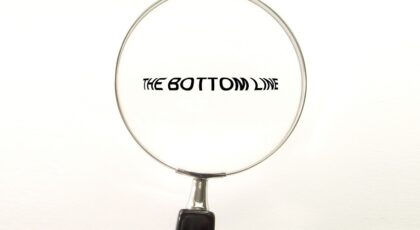
With the startup scene in the country booming, the media has been having a field day chasing new stories and bringing the limelight on the new ‘rising stars’. With so much action happening in the startup ecosystem, the media gets enough fodder from this segment to keep its audience hooked and TRPs soaring. Startups too love the attention from the media and consider it as a powerful medium to build their brand. Clearly, both the startups and the media thrive on each other.
However, there have been quite a few incidents of the media reporting inaccurate information, simply because no effort was made to verify the facts before the ‘big story’ was published. Little do they realise that in a highly customer sensitive market, such kind of irresponsible reporting can impact the startup’s goodwill tremendously and mar its future.
Since startups are just beginning their journey, they have very little to fall back on to cushion themselves in case of such incidents. The media needs to be sensitive to this fact and be doubly cautious when reporting any news related to them. While a larger and more established company may still come out unscathed from such an incident, even one such instance is enough to jeopardize the future of a startup.
To avoid any misreporting on the part of the media, it is important that stringent protocols be laid down by media houses, which must not be violated under any circumstances. Even if the media ‘sniffs’ a headline somewhere, it is important that they first verify the facts directly with the startups, since it can save both parties any embarrassment later. Afterall, incidents of misreporting or distorting facts not just mar the brand of the startup but also put a huge question mark on the credibility of the media house that reported the incorrect story.
On the other hand, even startup founders are using the media to boost their brands. They consider media coverage as a measure of their success and actively work with PR agencies to make sure any relevant news about them is highlighted in the media, thus strengthening the brand identity in the market.
It is the media’s ‘job to look out for‘exclusive news’. Entrepreneurs should exert caution in their interactions. There is no point having regrets later once the story that no one was supposed to know makes headlines.
Similarly, start-ups should not misuse the media to spread false stories or rumors as a means to gain publicity because sooner or later the truth will be out. Such shortcuts can prove detrimental in the long run and certainly do more harm than good, when caught.It is important that the media realise that a startup’s journey is fraught with difficulties and failures, with the chances of failurebeing fairly high. A startup’s reputation is very fragile, and hence, both the entrepreneur and the media should ensure that any media coverage is handled very responsibly. Neither should take the other for granted and bypass any protocols.
Conclusion
Just like any other relationship, the startup-media relationship is one based on trust. It is important that this trust remains sacrosanct on part of both the parties and that they respect each other’s territories. Only then can best interests of both the parties be maintained in the long run. They ought to realize that they both need each other to prosper and grow and should nurture the relationship keeping each other’s best interests in mind rather than serving their personal interests. Afterall, a hard earned reputation once lost is hard to regain.







